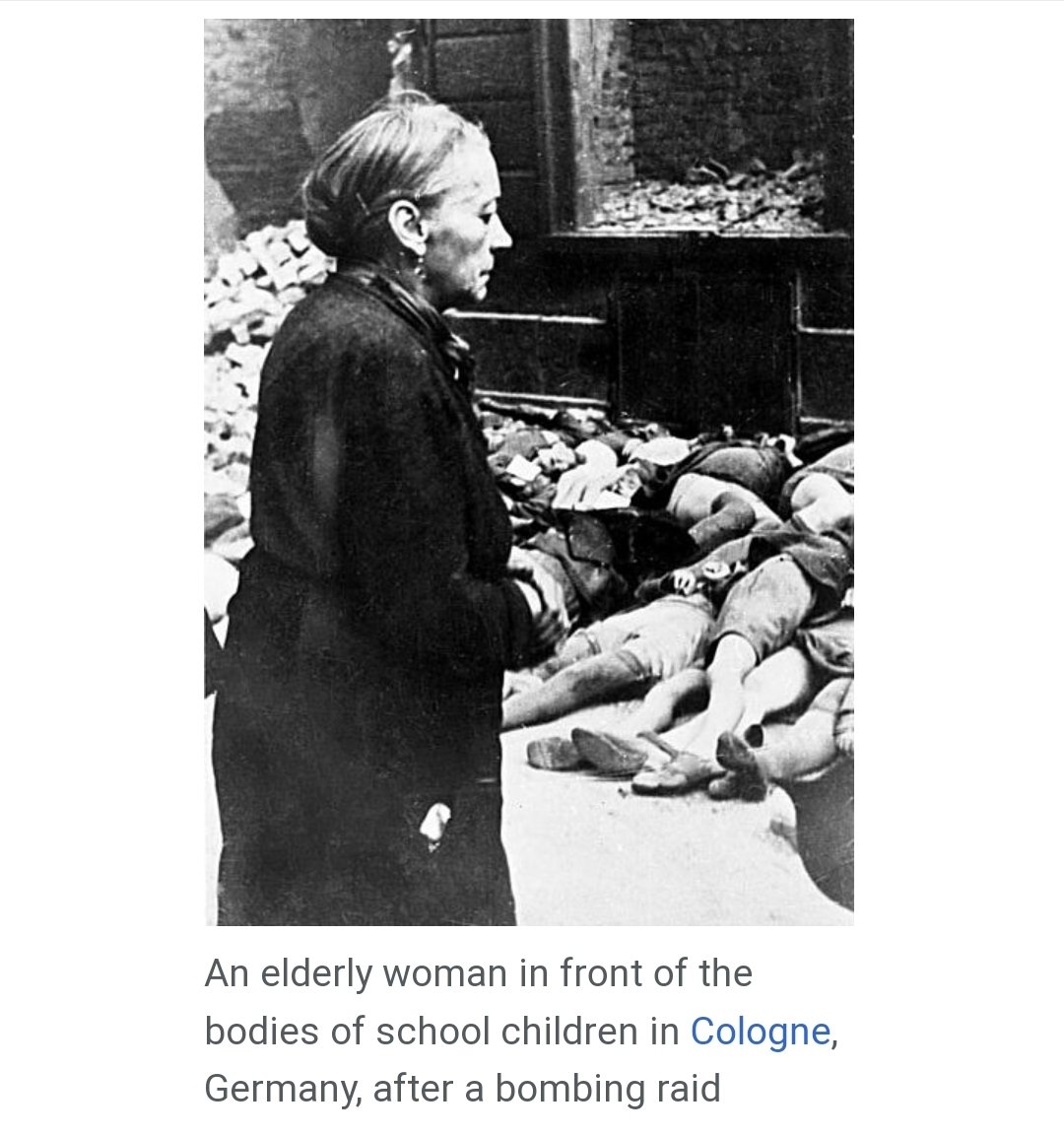
I agree 💯 with @mikko here.
BUT--
--he might be missing the Pentagon's perspective. So, let me fill y'all in.
Tanks, missiles, etc. are #classic: they deploy everywhere to strike anything. Need to put a hole in something? Tank. Obliterate? Missile. Crater? Bomb…
BUT--
--he might be missing the Pentagon's perspective. So, let me fill y'all in.
Tanks, missiles, etc. are #classic: they deploy everywhere to strike anything. Need to put a hole in something? Tank. Obliterate? Missile. Crater? Bomb…
https://twitter.com/Armen/status/1631513187190452224
…but a cyber weapon is #unique as @mikko said. It deploys against a particular version(s) of Windows, or Linux, or even #antivirus software.
At this point you'd be totally correct to say "Rob, you can't drop a 30lb incendiary bomb to take out an underground bunker!" But the…
At this point you'd be totally correct to say "Rob, you can't drop a 30lb incendiary bomb to take out an underground bunker!" But the…

…issue here is "classic."
In WWII, we dropped 30lb incendiary bombs across Germany to demoralize and kill their civilian populations.
Now, in #cyber, you can issue an update, change a setting, even retreat from the Internet. In the real world, though…


In WWII, we dropped 30lb incendiary bombs across Germany to demoralize and kill their civilian populations.
Now, in #cyber, you can issue an update, change a setting, even retreat from the Internet. In the real world, though…
https://twitter.com/WatermanReports/status/1631169823970295810


…it's 2023, yet no security patch exists to defend your home from a B-17 dropping incendiaries. There's no WWI anti-tank product for your workplace.
This is why cyber is "unique," not "classic," from a Pentagon perspective.
Good luck with your handy new #CyberAirRaidSiren 🤳
This is why cyber is "unique," not "classic," from a Pentagon perspective.
Good luck with your handy new #CyberAirRaidSiren 🤳
Annnnnd here's a perfect example of what I mean by "classic":
https://twitter.com/21aar_show/status/1631997811201015808
• • •
Missing some Tweet in this thread? You can try to
force a refresh










